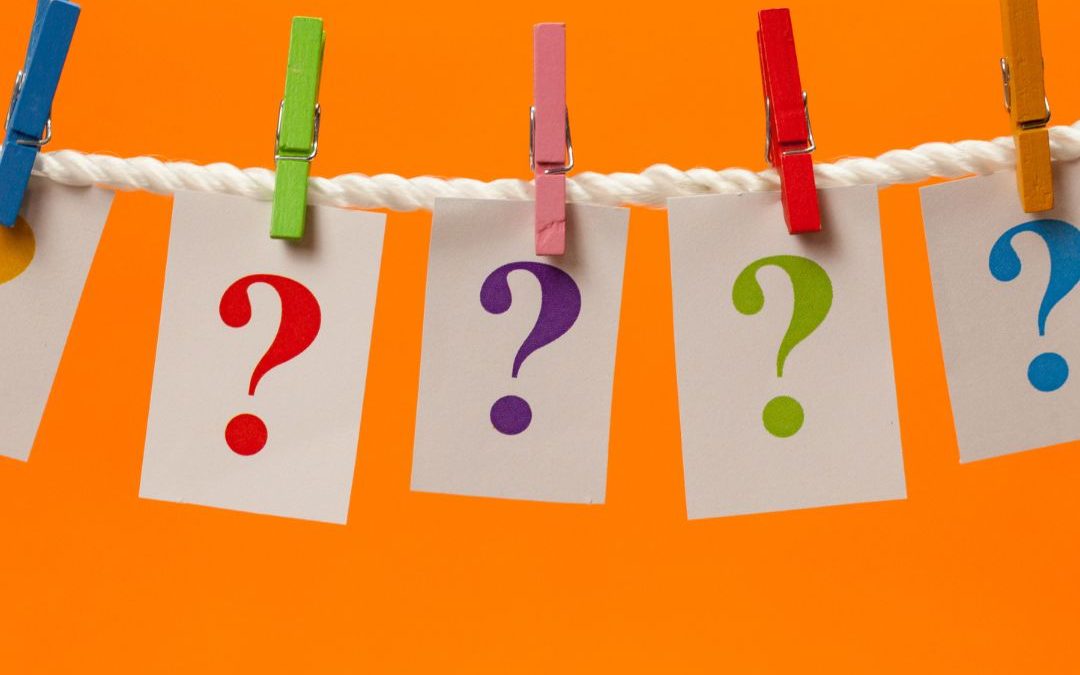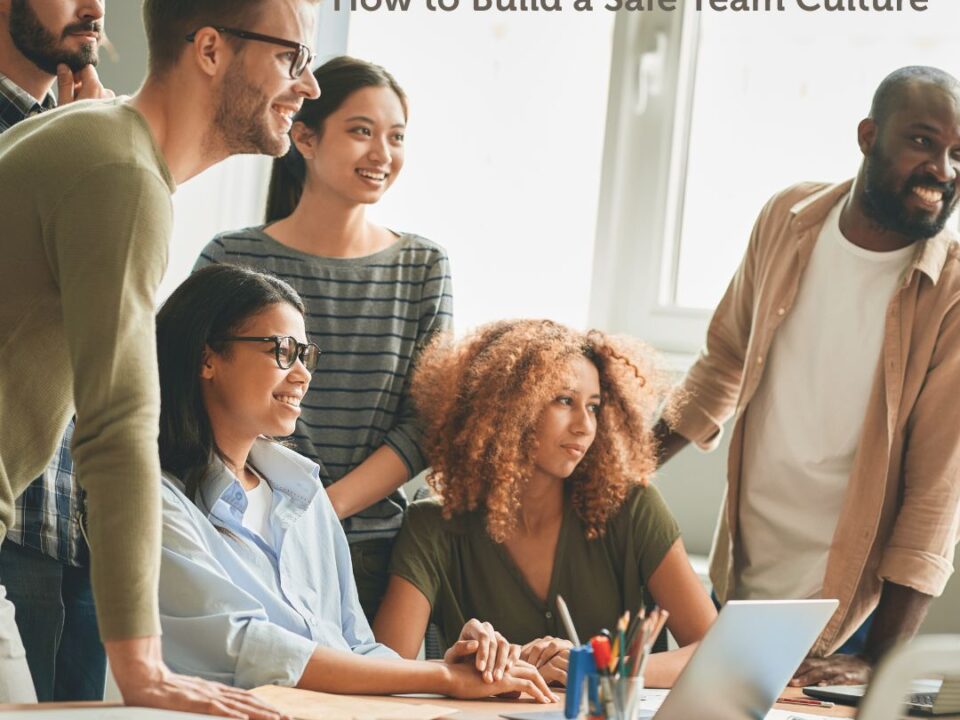
In a recent blog post, I shared tips for how to deal effectively with conversations that have you feeling emotionally triggered.
Suggested Reading: What to Do When Someone Emotionally Triggers You
One of the tips I offered includes using open-ended questions as a way to eliminate assumptions and judgment in your conversations.
In a 11:37-minute TED Talk with Isaac Lidsky called, What Reality Are You Creating for Yourself, you can apply open-ended questions to reduce tricking your mind to believe thoughts that simply are not true (e.g., Isaac’s example that fish swim backward by wagging their heads).
Open-ended questions are great for all types of relationships including coaching, supervisory, interviews, client-focused, family dynamics, academic, friendships and more.
Open-ended questions are questions that create opportunities for the respondent to answer in more detail and respond as they wish whereas closed-ended questions tend to be narrow in focus and allow for “yes” or “no” only responses.
Closed-ended questions limit insight and require little effort to respond. They are helpful if you are conducting a survey or creating a scale rating (e.g., Likert-scale) where “strongly agree” to “strongly disagree” responses can be plotted on a graph. They are useful for quantitative research too.
Examples of Open-ended Questions
Asking open-ended questions allows for both parties to develop a deeper understanding and gain context behind the respondents thoughts, behaviours, and actions. You can change almost any closed-ended question into an open-ended one by switching how the opening few words.
For example, a closed-ended question could be:
“Do you like to eat chocolate?”
“What about eating chocolate do you enjoy?” By replacing “Do you” to “What about” makes this question open-ended.
If you start with a closed-ended question and don’t want to rephrase it in the moment, simply follow-up with an open-ended question.
10 Open-Ended Questions
My top ten open-ended questions are related to coaching and counselling, but I think they can be used in a variety of settings.
- “Tell me more” is a default catch-all open-ended questions.
- “What are your plans for the future?” or the next year, five years (you get the idea)
- “When do you feel most happy?”
- “When are you most at ease?”
- “What brings you joy?”
- “How do you measure success?”
- “What keeps you awake at night?”
- “What are your top values?”
- “What keeps you motivated?”
- “What do you like best about yourself?”
Suggested Reading: Open-ended Questions
Keep a List Handy
Coaches like to keep lists of their favourite “go to” open-ended questions. Observe others who do this well. Ask for feedback about the nature and flow of your conversations and if you are able to keep a conversation going even when both parties feel self-conscious or awkward. Open-ended questions are great when you’re networking or getting to know someone at an event, or even a date!
Suggested Reading: The Art of Asking Open-Ended Questions
One of the greatest outcomes of asking open-ended questions is that it demonstrates a curiosity and facilitates open-mindedness. It also helps the respondent think about how they are thinking and I always believe that is a great idea.
Job-Interview Skills
If you are looking for a new job, rest-assured, you’ll be asked open-ended behaviour-based interview questions such as “Tell me about a time when…”
Suggested Reading: Open-ended and behaviour-based Interview Questions Examples
Keep practicing asking open-ended questions. It isn’t intuitive at first and you might find yourself frustrated by how often you default to asking closed-ended questions. The more you bring your attention to asking open-ended questions that start with what, how, when, or where, the easier it will get.
Improved Relationships
The outcome of your attention to asking open-ended questions? You’ll develop your active listening skills, emotional intelligence all while improving your relationships. A win-win-win for all.



